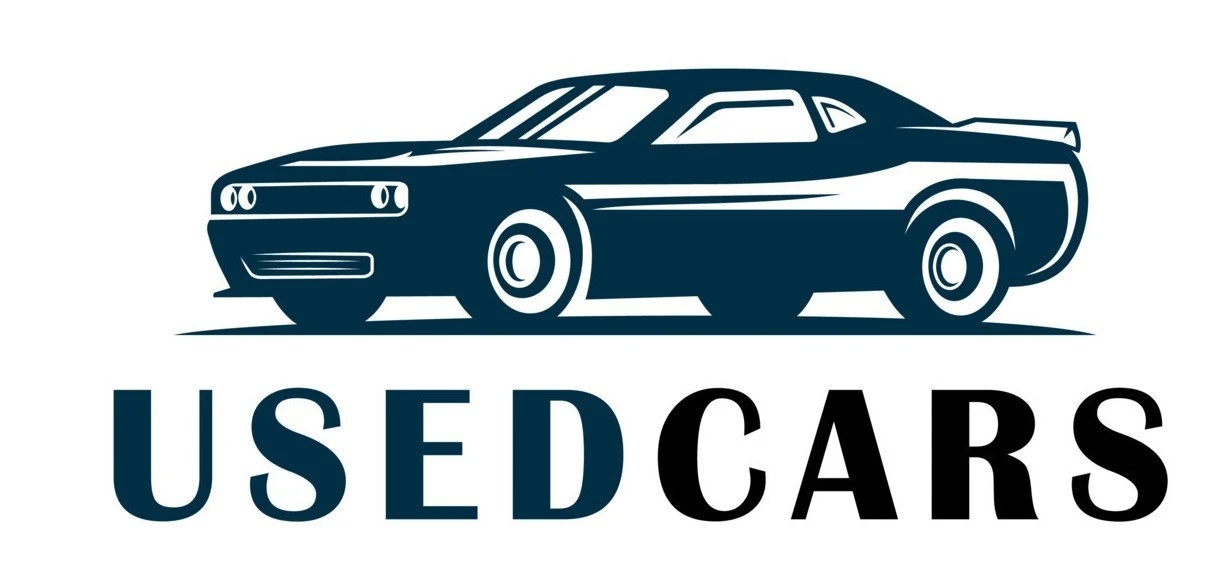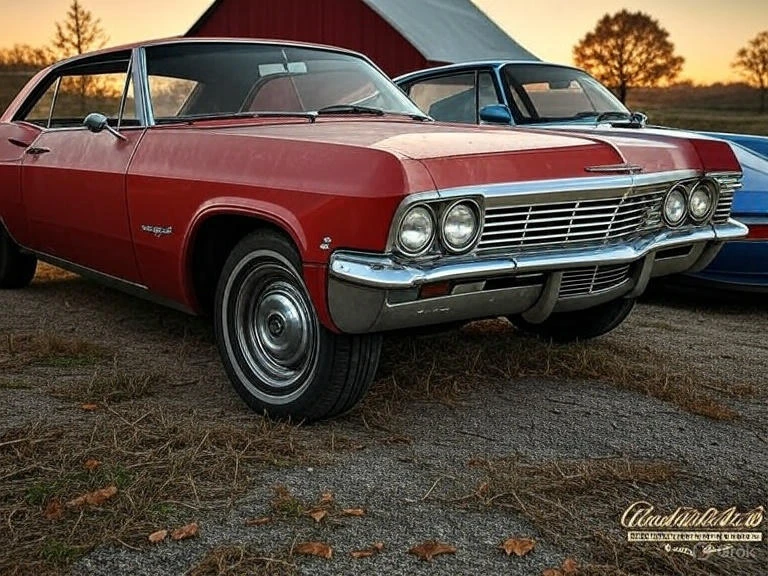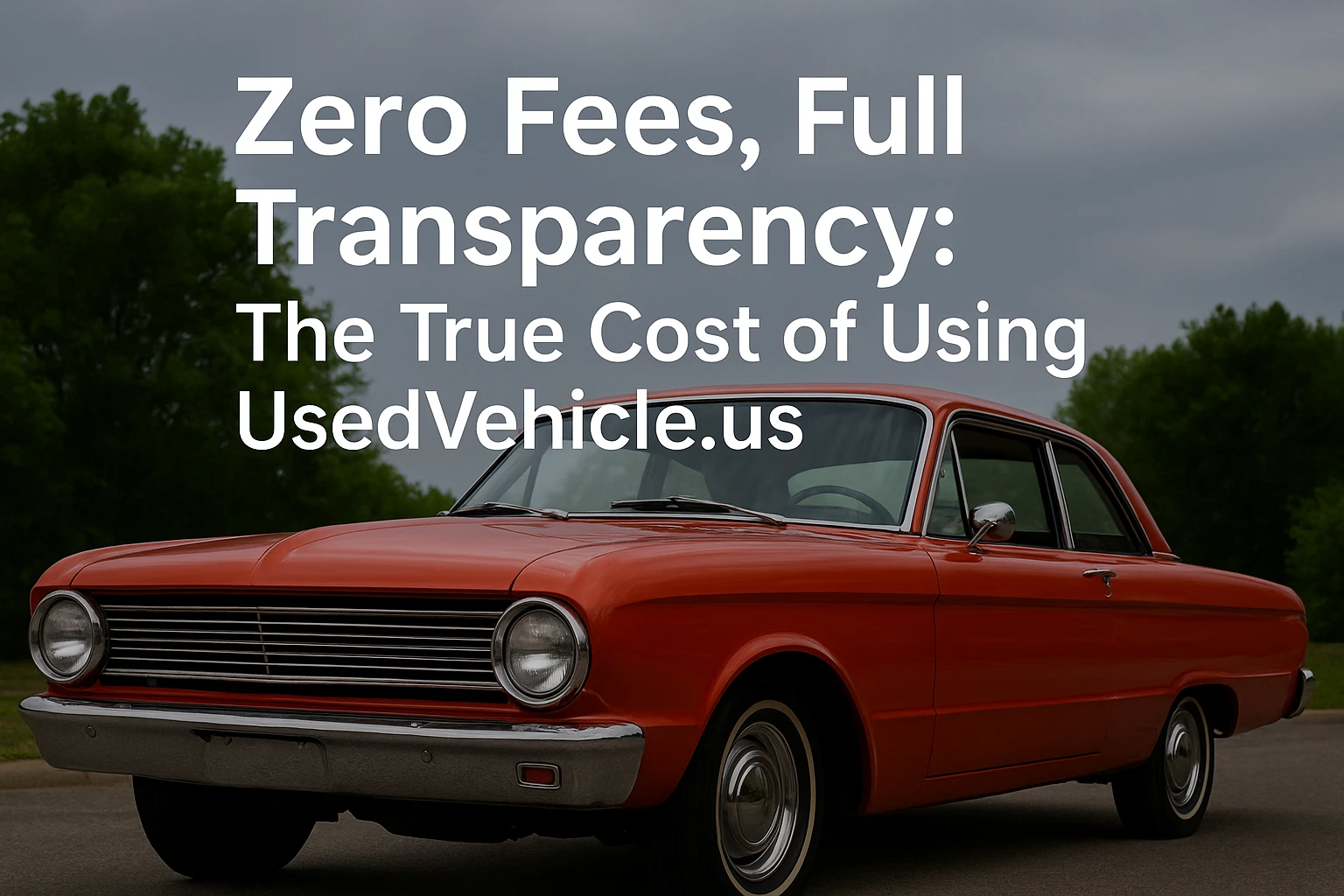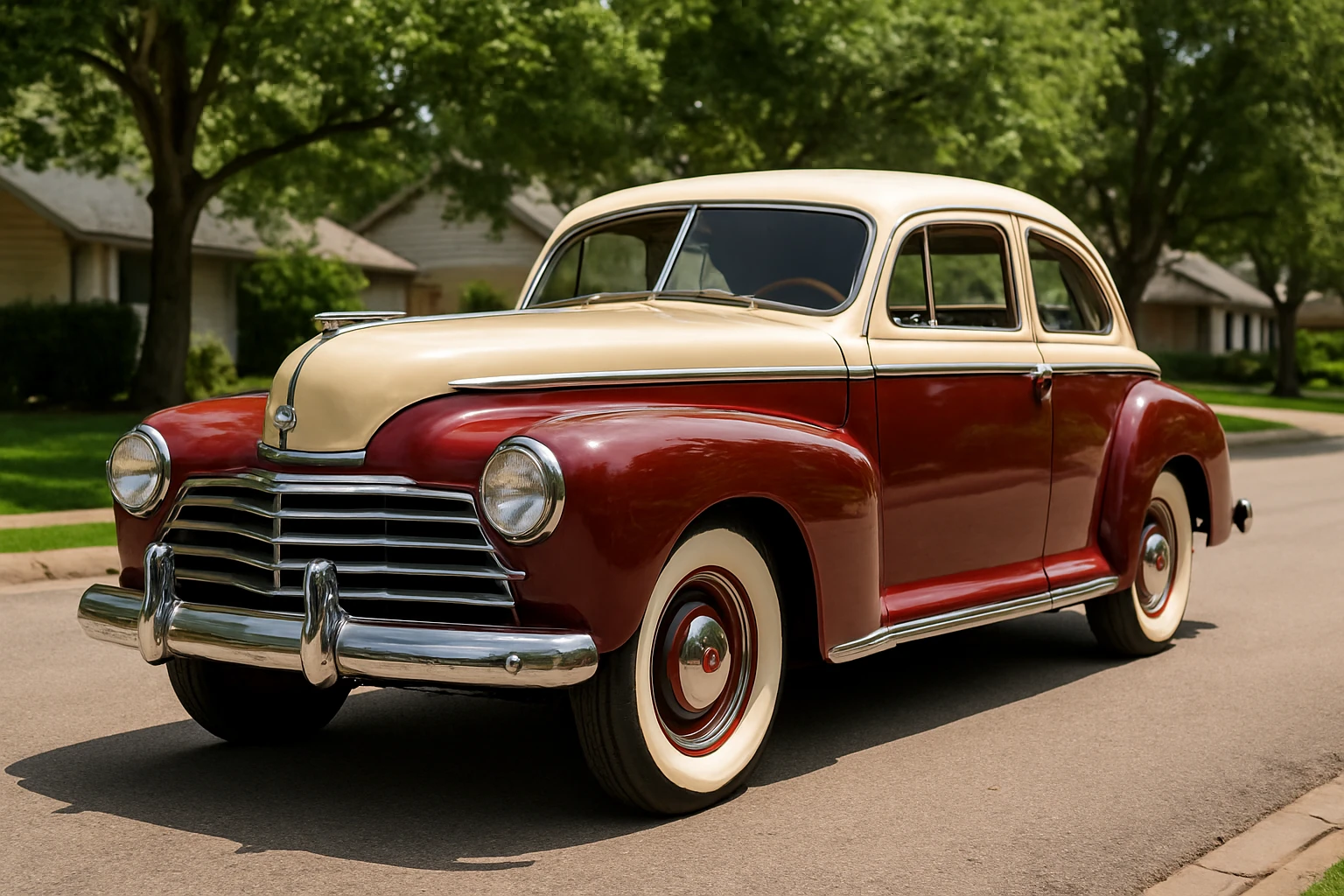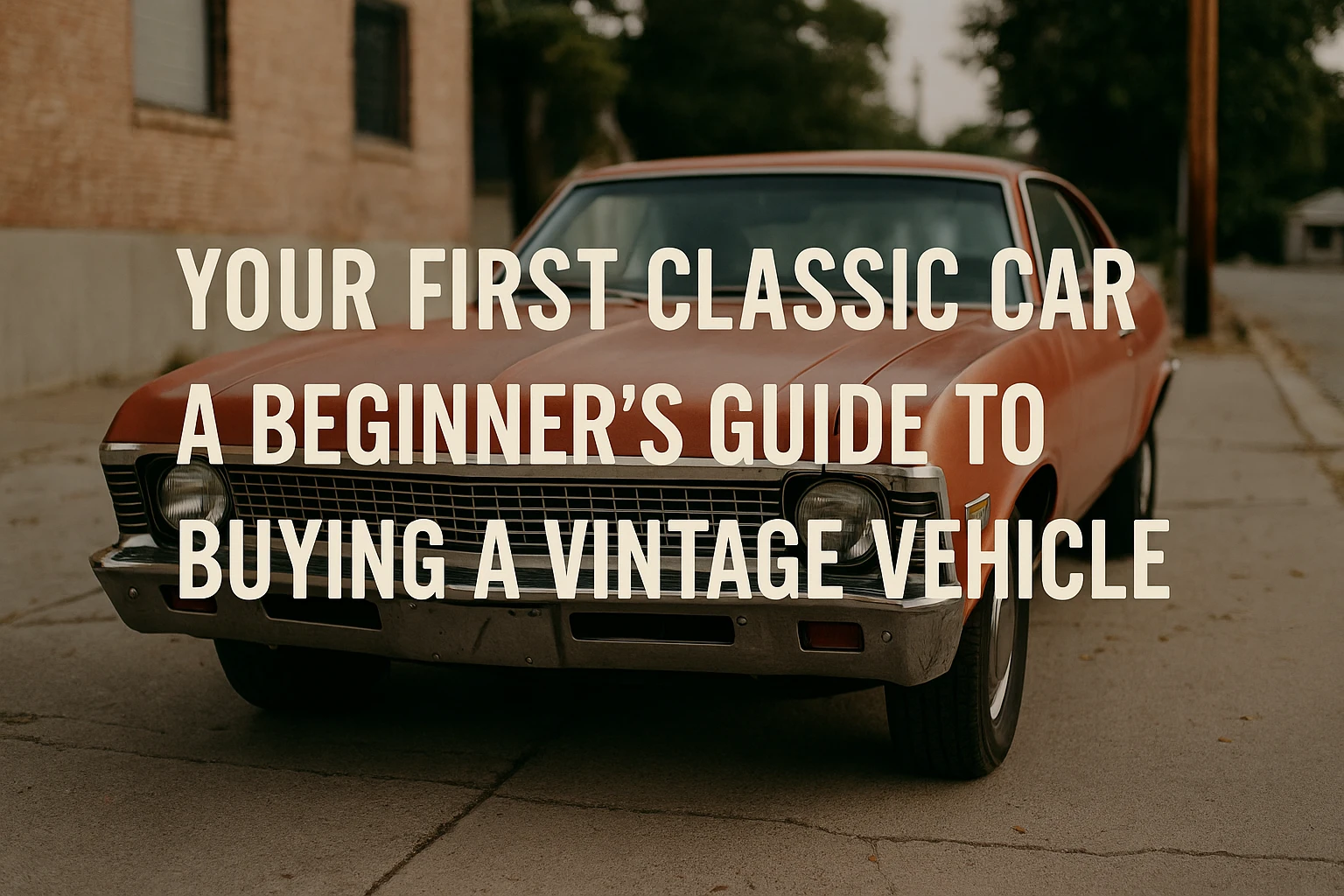5 Must-Ask Questions Before Buying a Used Car from Any Seller
Buying a used car is a big decision—financially, emotionally, and practically. One overlooked question can cost you thousands, while the right one can lead to peace of mind and a sweet deal. Whether you're browsing a dealer's inventory or a private seller listing, the questions you ask define the outcome.
At UsedVehicle.us, where over 2,000+ cars are listed across the U.S., transparency is key. With detailed vehicle pages, user-friendly filters, and VIN data support, you're already in a better place than many buyers who navigate less reputable marketplaces. But even on a trusted site, it's vital to communicate directly with the seller and ask the right questions.
Let’s dig into the 5 most important questions every used car buyer must ask before sealing the deal.
What’s the Car’s Full History?
This is your golden question. Don’t settle for “it runs fine.” You want specifics:
-
Has it been regularly maintained?
-
Were all oil changes and scheduled services done?
-
Are service records available?
-
Was the car ever used commercially (like Uber or rental)?
Ask for a maintenance log or Carfax/AutoCheck report—or run one yourself using the VIN (which most listings on UsedVehicle.us provide). A clean report is your first green flag. But even a few issues aren’t deal-breakers—so long as they’re disclosed.
Why Are You Selling the Car?
Simple, but powerful. A good seller will answer this straightforwardly: "Upgrading to a bigger car," or "Bought a new truck." But hesitation, vagueness, or avoiding eye contact? That’s a red flag.
You're not just looking for a reason—you’re evaluating honesty. If their story doesn’t match the condition or price of the car, dig deeper.
Has the Vehicle Been in Any Accidents?
Don’t rely solely on history reports—especially for minor accidents that weren’t filed with insurance. Ask:
-
“Was there ever bodywork done?”
-
“Any repainting?”
-
“Have the airbags ever deployed?”
Even if there was an accident, what matters is how it was fixed. Ask for receipts and the name of the shop. Check if the repairs were cosmetic or structural—because there’s a huge difference.
Can I Take It for a Test Drive and Inspection?
Never skip this. Period.
A test drive lets you:
-
Hear odd engine noises
-
Feel transmission issues
-
Evaluate suspension and brakes
Also request to take it to a third-party mechanic. Sellers on reputable platforms like UsedVehicle.us should welcome this—those who resist may be hiding something.
Pro Tip: If they won’t let you inspect it, walk away. Better to lose a deal than buy a lemon.
Are There Any Known Issues or Repairs Needed?
Here’s where honesty meets opportunity. Sellers aren’t legally required to disclose everything, but a reputable one will give you the rundown.
Look out for:
-
Transmission slips
-
Check engine lights
-
Brake wear or rust
-
Power steering leaks
-
Tire wear patterns
Even small things can become leverage for negotiation—or reveal a bigger issue hiding beneath.
Bonus: Can I See the VIN and Run a Report?
If the VIN isn’t shown on the listing (though most are at UsedVehicle.us), ask for it. Once you have it, you can:
-
Run a history check via Carfax, AutoCheck, or VINCheckPro
-
Confirm title status
-
Look for open recalls or lien reports
Never buy a car without a VIN check—especially in private sales.
More sections continued in the next message…
How to Use These Questions Effectively
Knowing the right questions is one thing—asking them confidently is another. Here’s how to do it right:
-
Be assertive, not aggressive: You’re the buyer; you have every right to be informed.
-
Write answers down: Especially during calls or meetups. Documentation protects you.
-
Confirm later via text/email: “Just to confirm, you mentioned it’s had no major accidents?”
-
Don’t be afraid to walk away: Hesitation or defensive behavior are giant red flags.
Knowledge is power—but how you apply it makes the difference.
Red Flags in Seller Responses
Not every seller will be honest. Watch out for:
-
Hesitation or vagueness: “Uhh, I think it was maintained...”
-
Deflecting your questions: “Don’t worry about that—it runs fine.”
-
Rushing the sale: “I’ve got someone else lined up... better act fast!”
-
Evasive on paperwork or test drives
If the conversation feels off, it probably is. Remember: there are over 2,000+ listings at UsedVehicle.us. You have options.
Tips for Buying Online Safely
Online platforms like UsedVehicle.us make car buying simpler—but not without risks.
Stay safe by:
-
Using platform messaging tools (avoid giving out personal email early)
-
Avoiding upfront payments without proof
-
Verifying the VIN and title before payment
-
Meeting in safe, public places or trusted locations
-
Bringing a friend to in-person inspections or test drives
And always trust your instincts. If it feels too good to be true, it probably is.
Why Buyers Trust UsedVehicle.us
Unlike sketchy classified sites or social media listings, UsedVehicle.us provides:
-
Verified VIN data
-
Photos, specs, and seller details
-
Location-based filtering
-
Listings across the U.S.
-
A seamless, intuitive user interface
The platform’s transparency makes asking the right questions easier. You already have a head start—just make sure to follow through.
Using UsedVehicle.us/listings to Your Advantage
With 2,000+ used cars in one place, your ideal ride might be just a few clicks away. Here's how to narrow your search:
-
Use filters for make, model, year, price, and mileage
-
Look for listings with detailed descriptions
-
Prioritize sellers who include VINs and service records
-
Save listings and set alerts for new arrivals
It’s all about finding quality and transparency, which this platform provides in spades.
Benefits of Pre-Owned vs. Brand New Cars
Why consider a used vehicle in the first place?
-
Depreciation: New cars lose up to 20% of value immediately after purchase.
-
Lower Insurance: Premiums are typically cheaper for used cars.
-
More Variety: A wider price range allows better customization to your budget.
-
Room to Negotiate: Private sellers or dealerships often offer wiggle room.
For budget-conscious buyers, the choice is clear—and UsedVehicle.us makes it smarter.
Certified vs. Non-Certified Used Cars
You’ll notice some listings mention "certified pre-owned" (CPO)—but what does it mean?
-
Certified: Usually inspected by dealers, comes with warranty.
-
Non-Certified: Often sold as-is, cheaper but riskier.
Ask sellers what kind of certification the car holds—if any. This will influence both price and peace of mind.
How to Negotiate After Asking Questions
Now that you’ve asked the right questions and know the car’s quirks, it’s time to negotiate.
Tips:
-
Use issues as bargaining chips (e.g., worn brakes, cosmetic flaws)
-
Offer slightly below your target price—leave room to rise
-
Be ready to walk away (and mean it)
Sellers respect informed buyers. They’ll likely take you more seriously—and meet you closer to your ideal price.
Legal Paperwork to Ask For
Never drive away without this:
-
Signed Title: In the seller’s name and clear of liens
-
Bill of Sale: Including VIN, price, and both parties’ signatures
-
Maintenance Records: Helpful for resale and repairs
-
Emissions/Smog Reports: Required in many states
-
Odometer Disclosure: Especially for cars under 10 years old
UsedVehicle.us recommends double-checking all documents before finalizing payment.
How to Identify a Well-Maintained Vehicle
Signs of a cared-for car:
-
Clean interior and engine bay
-
Even tire wear and fresh brakes
-
No dashboard warning lights
-
Regular oil change stickers or logs
-
A seller who answers questions confidently and thoroughly
If it looks good, drives better, and the paperwork checks out—it’s probably the one.
When to Walk Away
No matter how shiny the car, walk away if:
-
The seller dodges questions
-
You feel rushed or pressured
-
The title or VIN looks suspicious
-
You can’t test drive or inspect it
-
The car smells like mold, smoke, or deception
Don’t compromise. UsedVehicle.us has more options waiting for you.
Using Buyer Tools on UsedVehicle.us
Take advantage of:
-
Saved Searches
-
Vehicle History Features
-
Direct Messaging with Sellers
-
VIN Information and Location Filters
Bookmark UsedVehicle.us/listings and check back often—new vehicles are added daily.
Top Mistakes First-Time Buyers Make
Avoid these common errors:
-
Not asking enough questions
-
Buying emotionally, not logically
-
Skipping the inspection
-
Forgetting about insurance and registration costs
-
Trusting sellers without verification
This guide exists to make sure you don’t become one of them.
How to Follow Up After the Sale
Once the deal is done:
-
Transfer the title with your local DMV
-
Register the car in your name
-
Get insured ASAP
-
Save digital copies of all documents
-
Leave a review if you bought via UsedVehicle.us
Good paperwork today means fewer headaches tomorrow.
Real Buyer Reviews from UsedVehicle.us
“I found my 2018 Honda Civic on UsedVehicle.us. The seller was upfront, and the site made the process super easy. Loved the filters and the VIN check feature!”
— Sarah M., Charlotte, NC
“Compared three cars, contacted sellers, and closed a deal within a week. Everything went smoothly. Highly recommend.”
— James L., Denver, CO
FAQs
Can I buy a car directly from UsedVehicle.us?
No, it connects you with private and dealership sellers. You negotiate directly with them.
Is it safe to buy a car online?
Yes, especially with a reputable platform like UsedVehicle.us. Always verify VIN and paperwork.
Can I filter for cars in my state?
Absolutely. Use the location filters on UsedVehicle.us/listings.
Are all cars listed inspected or certified?
Not always. You should always ask the seller about inspection history.
How many cars are currently listed?
Over 2,000+ vehicles from across the U.S.
Do they offer financing?
Financing is handled directly with the seller or their associated dealership.
Final Thoughts on Asking the Right Questions
Buying a used car doesn’t have to be a gamble. When you ask the right questions, use trusted platforms like UsedVehicle.us, and stay patient, you're setting yourself up for success. Remember—it’s not just about getting from point A to B. It’s about buying with confidence.
Important Links Suggestions:

